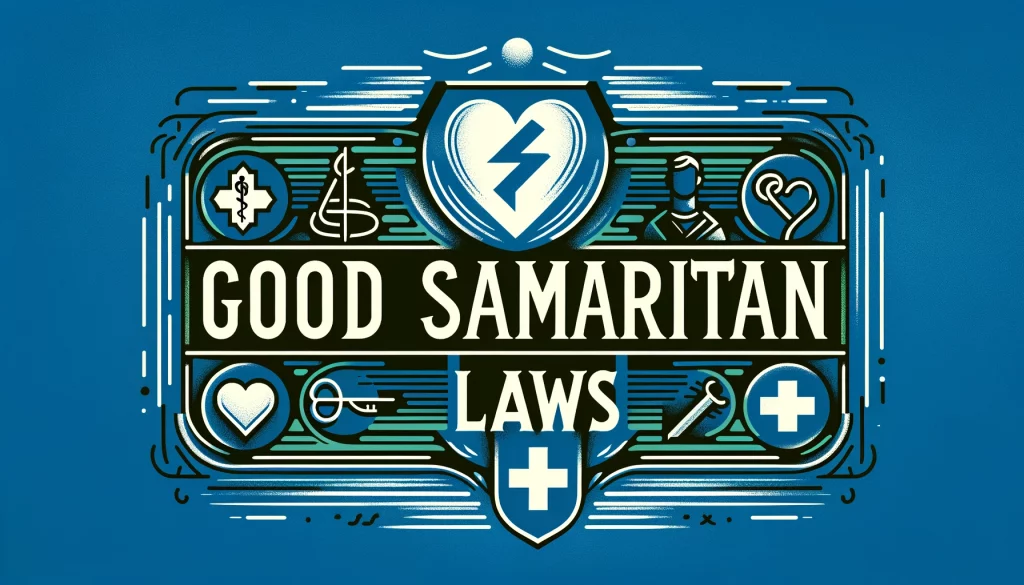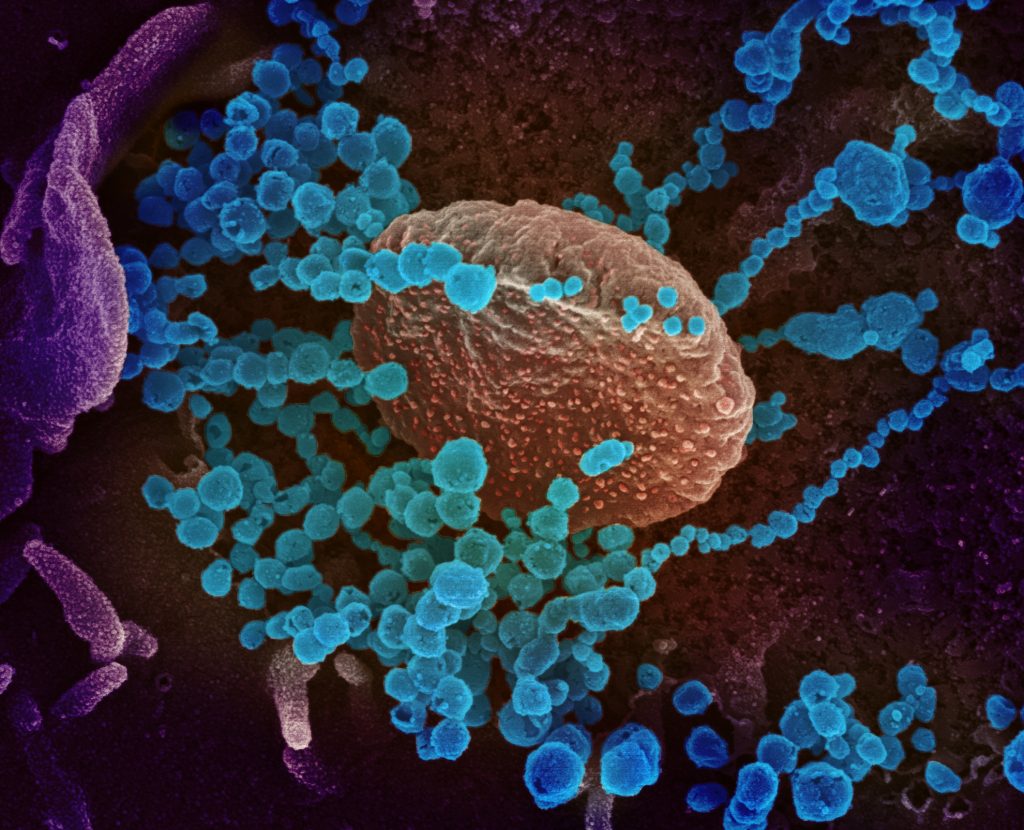States have implemented laws intended to protect people providing care to victims requiring emergency care. These laws vary from state to state and we encourage you to evaluate your state’s Good Samaritan Law. In general, the laws protect rescuers who act in good faith and provide care within the scope of their training. For example, if you chose to amputate a victim’s finger that is stuck in a door, you may not be protected from liability since, as a lifeguard, you have not been trained to perform such a procedure. Good Samaritan Laws may not protect someone who has a duty to act. A complete list of Good Samaritan laws by state can be found here: http://www.cprinstructor.com/legal.htm
Tag: lifeguard training
Recreational Water Illnesses (RWI)
Even though pools are required to be disinfected to prevent people from getting sick, there are bacteria resistant to chlorine. Two examples are Cryptosporidium and Giardia. Depending on the chlorine level of the pool, it can take days for chlorine to kill Cryptosporidium in pool water. Since the most common RWI are spread through diarrheal events, people that are ill should not participate in swimming activities.
Below is a table that shows various disinfection times based on a Chlorine level of 1ppm (parts per million):
| Chlorine Disinfection Timetable | |
| Agent | Disinfectant Times for Fecal Contaminants in Chlorinated Water |
| E. coli 0157:H7 (Bacterium) | less than 1 minute |
| Hepatitis A (Virus) | approximately 16 minutes |
| Giardia (Parasite) | approximately 45 minutes |
| Cryptosporidium (Parasite) | approximately 15,300 minutes (10.6 days) |


